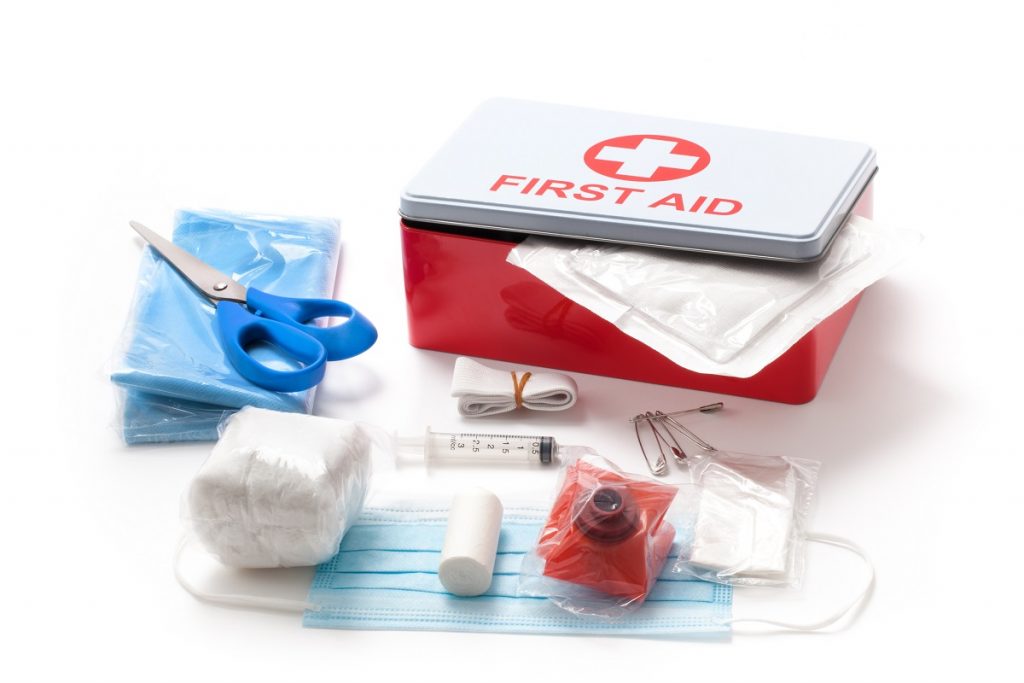Catastrophic events will occur at any time and without warning. In these cases, nobody is spared; therefore, there is no room for uncertainties and doubts, especially if your family’s safety is on the line. Preparedness for the incoming disaster before and in the aftermath is a powerful shield we should all equip ourselves with.
We experience nine common disasters all year round, with an average death toll of 60,000 people each year. In the United States, the most destructive natural disaster, Hurricane Katrina, took away thousands of lives, has put a permanent dent on the government, and caused significant economic damage. Its aftermath revealed the lack of preparedness and slow response that nearly crippled the country.
The fear of not knowing creates panic and chaos for most of us. However, that same fear has led us to devise careful planning and preparations to increase our chances of survival. Here are the things that we need to keep in mind in case of a disaster:
-
Communicate
The first step in creating a disaster preparedness plan for your family is communication. All family members must know how to act when a disaster occurs. Inform each other about the kinds of disasters your area is more likely prone to and explain its dangers and precautions you must take. A successful strategy should be easy to implement and follow as complex emergency preparations do little good and create more uncertainty.
Additionally, ensure that you have a list of emergency hotlines and rescuers available in your community in case of difficult situations. Have your children save those emergency numbers on their smartphones for easier access and instruct them on who to call.
-
Keep yourselves updated.
Familiarize yourself with what needs to be done to brace for each fatal case and ensure to stay updated on any particular directives. Learn about the warning services in your local community, such as emergency texts or a siren. They will notify you of severe conditions and further warnings such as road closures, landslides, floods, forest fires, and other advisories.
As the chances of a power outage are eminent, consider purchasing a radio, flashlight, and extra batteries to keep you in the loop.
-
Make an evacuation plan.
Talk to your kids and carefully explain what is most likely to happen. Device a plan as to where you can go for safety and consider possible circumstances. For example, if your children are not with you during the event of the catastrophe, let them know where they can go for safety and assure them that you will get to them in time.
If you happen to be at home with them, let them know where to go, such as an underground or a panic room where you can safely stay until such time that rescuers come. Moreover, try to remain calm. Remember that you depend on each other during these trying times, and any panic coming from you could potentially scare and traumatize your children.
Apart from securing a shelter, make sure that you have your emergency kit with you. It should contain all of your basic needs, such as non-perishable food, water, prescription medicine, important documents, first aid kits, and other basic emergency supplies. It’s recommended to store food that would last for up to two weeks or longer.
-
Execute your evacuation plan
No plan is successful until it’s tried. Schedule a monthly or yearly drill where everyone in your family needs to participate. Go over your plan from the most basic to the most complex. Ensure that every member understands its importance, so it doesn’t slip out as an afterthought. Don’t forget to update your plan accordingly, depending on the situation — for example, emergency numbers, meet-up places, emergency kits, and other vital details. If you have pets, it’s best to include them in the drill as well. In disasters as deadly as these, no one should be left behind.
-
Prepare for the post-disaster plan.
The end of a catastrophe doesn’t mean you can now fully relax. These events can be traumatizing both for adults and children. The stress endured by someone who is struck by a natural disaster is carried on to their loved ones, as well as relatives and friends. Make sure to check on yourself, your children, and other members of the household.
Healing is not linear. Every person processes things differently, so be gentle with each other. Consulting with a professional, a therapist, or even enlisting them on summer counseling training will benefit their mental health.
A catastrophe can hit anyone at any time and without warning. Therefore, a well-planned emergency preparedness strategy is imperative as it lets you brace for catastrophic events and diminish the consequences of these kinds of disasters. Be vigilant and remain calm. Remember, failing to plan is planning to fail.

